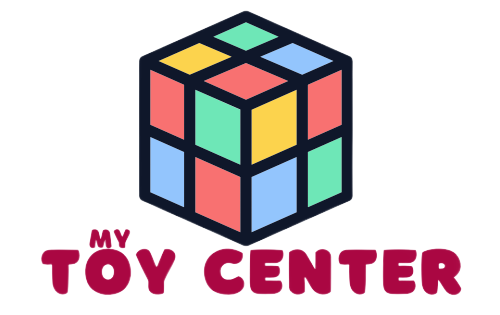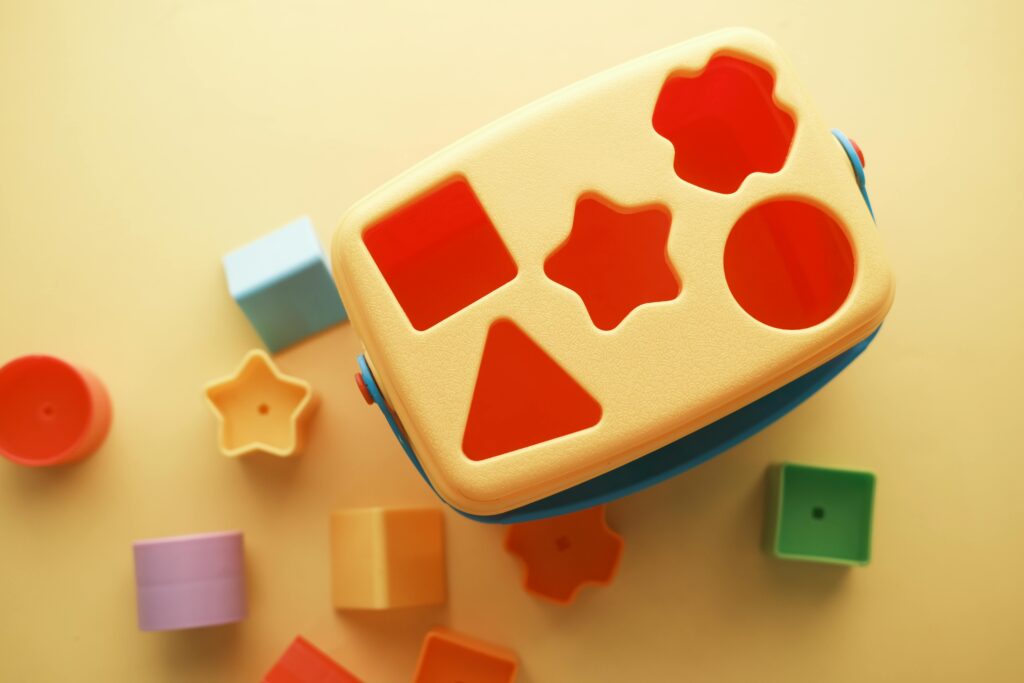effective strategies and expert tips to prevent toddler from throwing toys . Learn how to foster positive behavior your little one.
Introduction
Dealing with a toddler who constantly throws toys can be both frustrating and exhausting for parents. It's a common behavior that many parents encounter, but understanding why toddlers engage in this behavior is the first step towards finding effective solutions. In this comprehensive guide, we'll explore the reasons behind toy-throwing tantrums and provide practical strategies to help parents address and prevent this behavior. Whether you're navigating your way through the terrible twos or struggling with a spirited preschooler, this guide is designed to offer support and guidance to parents seeking to foster positive play habits in their little ones. So let's dive in and discover how you can put an end to toy-throwing tantrums once and for all!
Understanding Why Toddlers Throw Toys
Toddlers are curious explorers, navigating their world with boundless energy and a natural inclination for experimentation. However, their limited language skills and still-developing emotional regulation can lead to frustration and impulsive behavior, such as throwing toys. To comprehend why toddlers engage in this behavior, we must delve into the underlying reasons:
- 1- Exploration and Experimentation: Toddlers learn through sensory experiences and hands-on exploration. They may throw toys to observe the resulting sounds, movements, or effects, as part of their innate curiosity about cause and effect relationships.
- 2- Attention-Seeking: Toddlers thrive on interaction and seek attention from caregivers. When they throw toys, they may be attempting to capture the attention of adults or siblings, especially if they perceive it as a way to elicit a reaction.
- 3- Emotional Expression: As toddlers navigate the complex terrain of emotions, they may struggle to articulate their feelings verbally. Toy-throwing can be a manifestation of frustration, anger, or excitement, serving as a non-verbal outlet for their emotions.
- 4- Developmental Milestones: Toddlers are in a stage of rapid cognitive and physical development, characterized by burgeoning motor skills and burgeoning independence. As they gain control over their bodies, they may experiment with the newfound ability to throw objects.
By understanding these underlying motives, parents can approach toy-throwing behavior with empathy and insight, paving the way for effective intervention strategies.
Strategies to Stop Toy-Throwing Behavior
Now that we've explored the reasons behind toy-throwing behavior, let's delve into practical strategies that parents can implement to address and prevent this behavior. By employing these techniques consistently and with patience, parents can help guide their toddlers towards positive play habits and reduce instances of toy-throwing tantrums. Here are some effective strategies to consider:
- Set Clear Expectations: Establish clear rules and expectations regarding toy behavior with your toddler. Communicate these expectations in simple language and reinforce them consistently.
- Provide Alternative Outlets: Offer alternative ways for your toddler to release energy or express emotions, such as designated throwing areas with soft balls or pillows, allowing them to engage in throwing activities in a safe and controlled environment.
- Model Gentle Play: Serve as a role model for your toddler by demonstrating gentle play behavior. Show them how to handle toys with care and emphasize the importance of respecting toys and other people’s belongings.
- Use Positive Reinforcement: Praise and reward your toddler when they play gently and follow the rules. Positive reinforcement can help reinforce desired behaviors and encourage your toddler to continue engaging in positive play habits.
- Redirect Attention: When you notice your toddler starting to throw toys, redirect their attention to a different activity or toy to distract them from the behavior. Engage them in an alternative activity that channels their energy in a positive direction.
- Stay Calm and Consistent: It’s essential to remain calm and patient when addressing toy-throwing behavior. Respond to incidents calmly and consistently, avoiding overreacting or resorting to harsh discipline.
- Teach Empathy: Help your toddler understand the consequences of their actions by discussing how throwing toys can hurt others or damage property. Encourage empathy and understanding towards others’ feelings.
- Limit Toy Choices: Consider reducing the number of toys available to your toddler at once to prevent overwhelm and minimize the temptation to throw them. Rotate toys regularly to keep playtime fresh and engaging.
- Engage in Interactive Play: Spend quality time engaging in interactive play with your toddler. Play games, read books, or engage in imaginative play together to strengthen your bond and encourage positive play habits.
- Seek Professional Help if Needed: If toy-throwing behavior persists despite your efforts, don’t hesitate to seek guidance from a pediatrician, child psychologist, or behavioral therapist. They can offer personalized advice and support to address underlying issues and develop effective intervention strategies.
By implementing these strategies consistently and with patience, parents can help guide their toddlers towards positive play habits and minimize instances of toy-throwing behavior. Remember that every child is unique, so it may take time to find the approach that works best for your toddler. Stay patient, stay consistent, and remember that you're not alone in navigating this challenging but rewarding journey of parenthood.
Conclusion
In the whirlwind journey of parenthood, navigating toy-throwing tantrums can feel like a daunting challenge. However, armed with understanding and effective strategies, parents can guide their toddlers towards more positive play habits and interactions.
Remember, parenting is a journey filled with ups and downs, twists and turns. It’s okay to seek help and support along the way. By working together and staying committed to fostering a nurturing and positive environment, parents can help their toddlers navigate the world of play with confidence and joy. So take a deep breath, stay patient, and know that you’re doing a great job guiding your little one through this exciting stage of development. Here’s to many happy and tantrum-free playtimes ahead!

